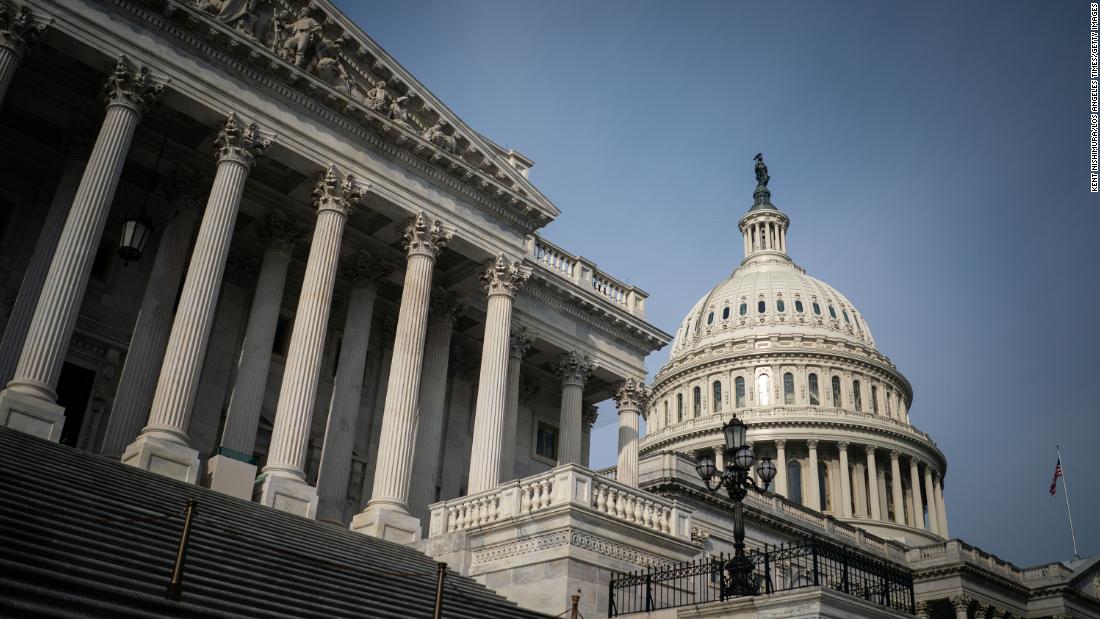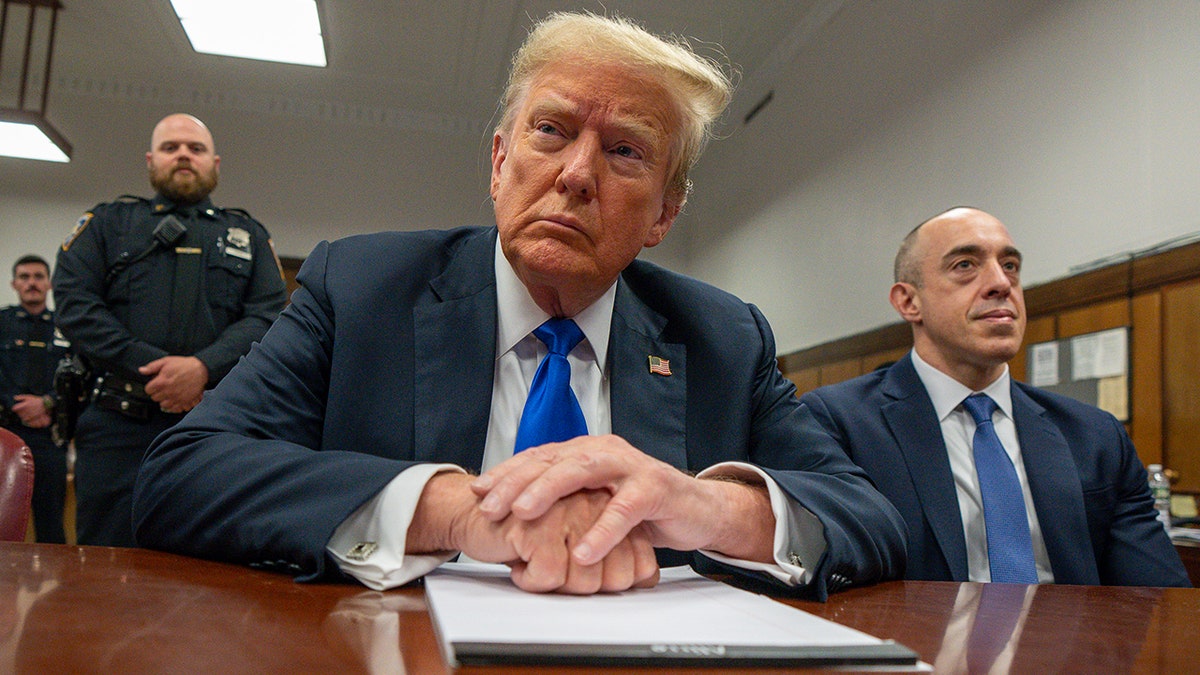- by foxnews
- 10 Jan 2025
Here's what's in the debt ceiling deal

After several weeks of tense negotiations, President Joe Biden and House Republicans have reached an agreement in principle to raise the debt ceiling and cap spending.
The drama is by no means over. Congressional leaders in both parties have to convince enough of their members to vote for the agreement, which contains provisions that lawmakers on each side of the aisle don't support.
Not all the details of the agreement are available yet. And the information made public Saturday evening shows some discrepancies. The bill text is scheduled to be released on Sunday.
Here's what we know about the deal, based on a fact sheet circulated by House Republicans and a source familiar with the negotiations.
Raises the debt ceiling: The agreement would increase the debt limit for two years.
Caps non-defense spending: Under the deal, non-defense spending would remain relatively flat in fiscal 2024 and increase by 1% in fiscal 2025, after certain unspecified adjustments to appropriations were made, according to the source.
After fiscal 2025, there would be appropriations targets, but they would not be enforceable, according to the source.
The House GOP fact sheet says that non-defense discretionary spending would be rolled back to fiscal 2022 levels and topline federal spending would be limited to 1% annual growth for the next six years.
The agreement calls for spending $886 billion on defense, $121 billion on veterans' medical care and $637 billion on other non-defense programs, after taking the adjustments into account, according to talking points the White House distributed to Democratic members, which were obtained by CNN.
The debt ceiling bill that House Republicans passed last month would return discretionary spending to fiscal 2022 levels and then limit the growth in spending to 1% for a decade. Defense spending would be protected.
Protects veterans' medical care: The deal would maintain full funding for veterans' health care and would increase support for the PACT Act's toxic exposure fund by nearly $15 billion for fiscal year 2024, according to the source.
The House GOP fact sheet says veterans' medical care would be fully funded.
Expands work requirements: The agreement calls for temporarily broadening of work requirements for certain adults receiving food stamps.
Currently, childless, able-bodied adults ages 18 to 49 are only able to get food stamps for three months out of every three years unless they are employed at least 20 hours a week or meet other criteria. The deal would raise the age to 54, according to the source. The GOP fact sheet says it would apply to those up to age 55.
However, the deal would also expand exemptions for veterans, people who are homeless and others in the Supplemental Nutrition Assistance Program, or SNAP, as food stamps are formally known.
And all the changes would end in 2030.
The agreement would also make changes to the current work requirements in the Temporary Assistance for Needy Families program.
Work requirements would not be introduced in Medicaid, which House Republicans had called for in their debt ceiling bill.
Claw back unspent Covid-19 relief funds: The deal would rescind unobligated funds from the Covid-19 relief packages that Congress passed to respond to the pandemic, according to the House GOP fact sheet.
Estimates on how much of the roughly $4.5 trillion in relief remains vary.
Cut Internal Revenue Service funding: The agreement would cancel the total fiscal year 2023 staffing funding request that the House GOP says would go for new IRS agents, according to the fact sheet.
House Republicans have been determined to cancel the roughly $80 billion in IRS funding contained in the Inflation Reduction Act that Democrats passed last year. The GOP lawmakers argue that the money will be used to hire an army of new agents to audit Americans, but the agency says it will also be used to support operations, modernize customer service technology and assist taxpayers.
Restart student loan repayments: The deal would require borrowers to pay back their student loans again, according to the House GOP fact sheet.
The pause, which has been in effect since the Covid-19 pandemic began, would terminate at the end of the summer, as the Biden administration has already announced, another source familiar with the debt ceiling talks said.
However, the agreement would maintain Biden's plan to provide up to $20,000 in debt relief for qualifying borrowers, the source said. The measure is currently before the Supreme Court, which is expected to rule on it in coming weeks.
Maintain climate and clean energy measures: The agreement would not make any changes to the Inflation Reduction Act's climate and clean energy provisions, according to the White House talking points.
House Republicans had sought to repeal the law's clean energy tax credits and subsidies.
This story has been updated with additional information.
CNN's Priscilla Alvarez, Alayna Treene, Kevin Liptak and Lauren Fox contributed to this report.
- by foxnews
- descember 09, 2016
'Opposite of a seat squatter': Flight passenger shares unexpected encounter with fellow traveler
A social media user is sharing her in-flight encounter with a passenger who was an "opposite" tale from the viral "seat squatter" stories. An etiquette expert weighs in.
read more


